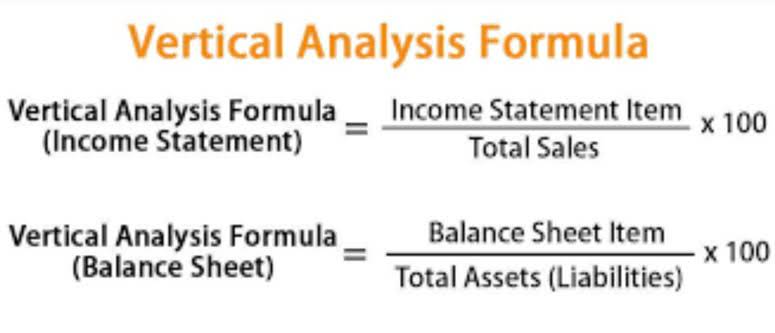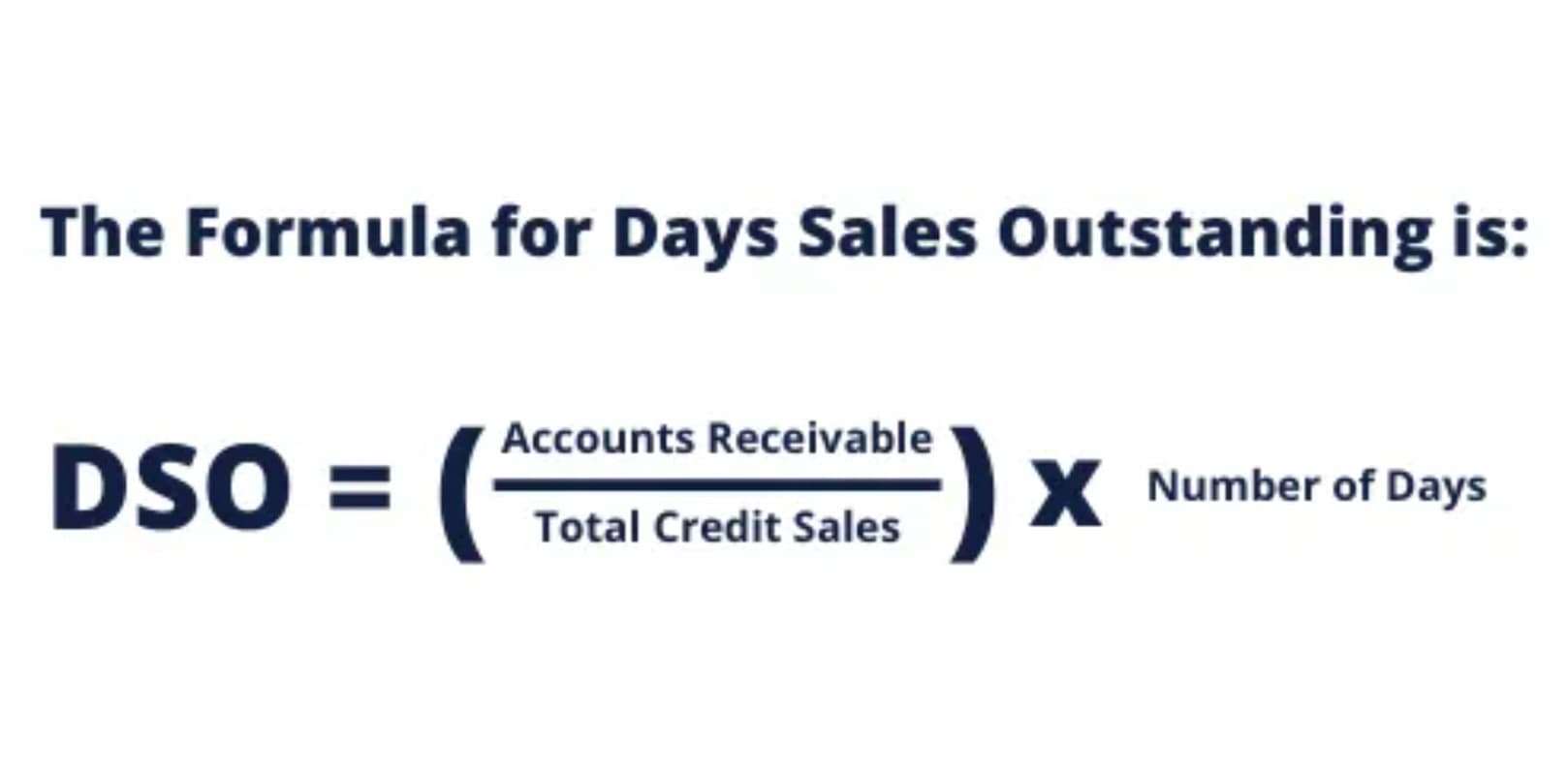
No, a CPA credential is a professional license issued by a state board of accountancy to candidates who meet the necessary standards. You must have at least a bachelor’s degree to qualify for CPA licensure, but the designation itself is not a degree. CPAs use their public accounting and financial knowledge to help clients save money and avoid breaking the law. They help prepare tax returns, analyze financial documents, and provide financial advice.
How Do You Qualify for the CPA Credential?

This combination prepares them adequately for the rigorous challenges of the CPA Exam and their subsequent public accounting meaning professional roles. CPA certification carries significant prestige and authority, and it functions well as a standalone credential. However, some CPAs elect to pursue other professional titles to complement their CPA licensure. CPAs may also be required to maintain active membership in the Association of International Certified Professional Accountants (AICPA) or similar professional organizations to qualify for renewal.

Industries served by public accountants
They create budget reports, track expenses and profits, and make recommendations that can save their clients money. In an interconnected world, the influence of public accounting extends beyond national borders. Multinational corporations and global financial markets require a harmonized approach to accounting and auditing standards. Organizations such as the International Federation of Accountants (IFAC) play a pivotal role in promoting international accounting standards and ethical principles.
Popular Online Accounting Bachelor’s Programs

In 2022, the average salary of an individual US CPA is $70,299 per annum.From an organization’s perspective too, availing public accounting services is worth it. This is because there is an assurance that the financial tasks will be completed on time and in accordance with the legal requirements. In conclusion, public accounting is far more than a ledger of numbers, it is the guardian of financial transparency and the compass for businesses in the complex world of finance. Certified Public Accountants (CPAs) stand as sentinels of integrity, ensuring that financial information remains accurate, reliable, and compliant with regulations. As technology and globalization reshape the profession, the role of public accountants is evolving, demanding adaptability and a commitment to ethical standards.
- Learn how to produce and analyze financial statements, payroll accounting functions, and more in the Intuit Bookkeeping Professional Certificate.
- It’s also a good idea to improve your interviewing skills, such as researching a company, preparing questions to ask the hiring manager, and presenting your qualifications.
- CPA licensure is the gold standard in the profession and can lead to increased earning potential, career mobility, and prestige.
- They can also hold chief controller or chief financial officer (CFO) positions, depending on their skill level and education.
A certified public accountant (CPA) is an accounting professional who has met certain education, exam, and experience requirements for licensure by a state board of accountancy. Public accounting firms employ large numbers of certified public accountants (CPAs). The certification was originally intended to designate a person as being qualified to conduct an audit. However, the license also implies a high level of accounting expertise, and so is used to justify higher billing rates by public accounting firms. Public accountants provide a range of accounting services that extend far beyond traditional auditing and tax preparation.
What is the difference between a CPA and a bookkeeper?
Potential work environments include nonprofit groups, companies, and government agencies. Accounting is also a great second career for more experienced people looking to make a change. As a CPA, I find it can, at times, be challenging to manage various competing projects and deadlines. Also, especially during the unusual COVID-19 times, it was challenging to find the optimal balance between personal and professional priorities. Today, my day consisted of reviewing the monthly close done by the staff accountant.
CPA License Requirements and Qualification
Their expertise is in ensuring financial accuracy, compliance with regulations, and strategic financial planning. In short, their work is vital in helping clients avoid financial pitfalls and manage their financial affairs effectively and legally. They differ from private accountants, who work with a single organization and focus on internal accounting needs.
- CPAs are increasingly becoming strategic advisors, using their financial expertise to help businesses navigate a complex and dynamic economic landscape.
- The pass rates are low, with three out of the six possible sections having pass rates below 50%.
- Accounting is also a great second career for more experienced people looking to make a change.
- You can also search for your state’s board of accountancy or CPA society for online directories.
- Public accountants provide a range of accounting services that extend far beyond traditional auditing and tax preparation.
- Deloitte, Ernst & Young, PricewaterhouseCoopers, and KPMG are the top PAFs operating globally.
- Public accountants enjoy exposure to various industries, businesses, and financial challenges.
Other examples of goals include managing an accounting team, working for a large accounting firm, or starting your own business as a CPA. This has helped to create more consistency in licensing across states so that you can be mobile while working bookkeeping in this profession. Be certain to understand the requirements in your state and any states you intend to work in to ensure your license is accepted.








